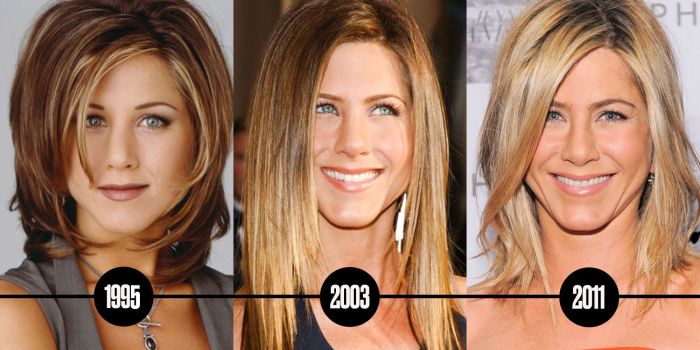With he’s always been her blank admirer at the forefront, this piece delves into the intriguing world of unrequited admiration, exploring its nuances, potential benefits, and challenges.
This comprehensive analysis examines the various ways in which individuals can express ‘blank’ admiration, the underlying motivations and intentions that drive such behavior, and the impact it can have on personal growth, relationships, and self-esteem.
Blank Admiration: A Complex and Multifaceted Phenomenon: He’s Always Been Her Blank Admirer

Blank admiration is a form of intense admiration that involves idolizing and placing someone on a pedestal. It is characterized by an uncritical and often idealized view of the object of admiration.
Elaborating on the Different Ways a Person Can Be a ‘Blank’ Admirer
Individuals can express blank admiration in various ways, including:
- Idealizing the person’s qualities and achievements
- Attributing positive traits to the person that may not be entirely accurate
- Constantly seeking the person’s approval or validation
- Comparing oneself unfavorably to the person
- Feeling a sense of inferiority or inadequacy in the person’s presence
Identifying and Explaining the Potential Benefits of Being a ‘Blank’ Admirer
Blank admiration can have certain benefits, such as:
- Providing motivation for personal growth and improvement
- Enhancing relationships by fostering a sense of appreciation and respect
- Boosting self-esteem and confidence through association with someone perceived as successful or worthy
Discussing the Potential Drawbacks or Challenges of Being a ‘Blank’ Admirer
However, blank admiration can also present challenges, including:
- Creating unrealistic expectations and disappointment when the person fails to meet them
- Hindering personal growth by preventing critical evaluation and self-improvement
- Causing emotional distress if the admiration is unrequited or not reciprocated
Creating a Hypothetical Scenario Involving a ‘Blank’ Admirer and Analyzing the Potential Outcomes
Consider a scenario where an individual named Sarah has been blankly admiring her colleague, John. Sarah idealizes John’s intelligence, charisma, and work ethic. She constantly seeks his approval and compares herself unfavorably to him.
Potential outcomes of this scenario include:
- Sarah may be motivated to improve her own skills and qualities in an attempt to impress John.
- However, she may also experience feelings of inadequacy and low self-esteem if she fails to meet her unrealistic expectations.
- If John becomes aware of Sarah’s admiration, he may feel flattered but also uncomfortable or pressured.
Providing Practical Advice for Navigating the Complexities of Being a ‘Blank’ Admirer, He’s always been her blank admirer
To navigate the complexities of blank admiration, individuals can:
- Manage their expectations and recognize that everyone has strengths and weaknesses.
- Express their admiration in a healthy and appropriate way, such as through genuine compliments or support.
- Focus on their own personal growth and development rather than comparing themselves to others.
FAQs
What are the potential benefits of being a ‘blank’ admirer?
Blank admiration can foster personal growth, enhance relationships, and boost self-esteem.
What are the potential drawbacks of being a ‘blank’ admirer?
Unrequited admiration can lead to unhealthy obsession, emotional distress, and a distorted self-image.
How can I manage the expectations and boundaries of being a ‘blank’ admirer?
Set realistic expectations, respect the other person’s boundaries, and focus on self-care.


